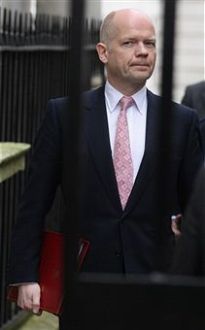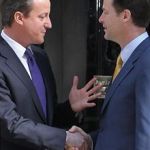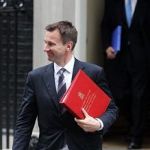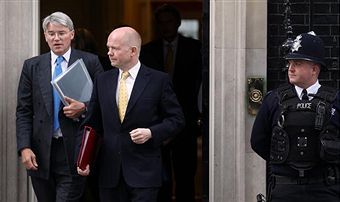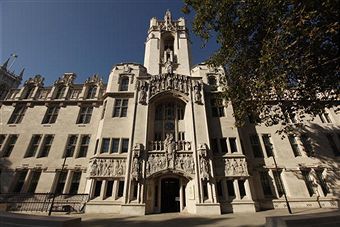Actually, the Libyan Civil War is Not David Cameron’s Fault
Amidst tough competition it is possible that Channel 4’s Gary Gibbon has written the stupidest thing yet about the Libyan civil war: Wherever this ends, those close to David Cameron will be hoping that he has done enough to avoid the blame if there is more carnage in Libya. I think even demented Guardianistas might be capable of appreciating that the violence is scarcely David Cameron’s fault or responsibility* Nevertheless, Gibbon’s post is useful in as much as it demonstrates the limits of the View from Westminster Bridge while simultaneously having it both ways: Cameron is, implicitly, criticised for lacking “influence” with the President of the United States but you



